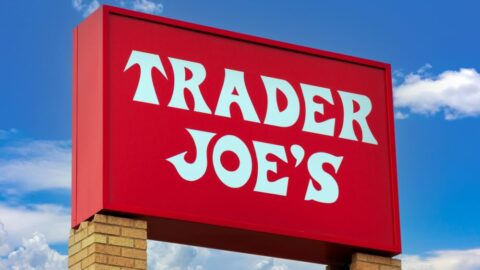2019 was the year retail marketers grew more confident and satisfied with their ability to improve the customer journey — 88% are now happy with how they optimize the customer journey, well ahead of the 62% who said so in 2018, according to a survey from Yieldify. These marketers also are thrilled with the progression of their conversion rates, with satisfaction growing from 61% in 2018 to 88% this year.
This confidence boost largely comes from education on the terms they use and the metrics they aim to achieve. Marketers now have a much greater level of confidence in defining “customer journey optimization (CJO)” as distinct from “conversion rate optimization (CRO)” or personalization — 95% were confident in doing so, compared to just 65% in 2018.
Overall, the perception of challenges continues to shift among retail marketers: while 49% of retailers cited having enough time and resources as a top challenge in 2018, and 46% had issues with having the right data, these numbers dropped drastically, to 27% and 36% respectively. The top challenge to delivering an optimized customer journey in 2019 is having the right skills, identified by 39% of retailers. As a result, 50% of retail marketers are planning to invest in training to fill the skills gap, with 36% saying they would hire more specialists.
Additionally, retail marketers feel like they are gaining a better grasp of the technologies they use. In 2018, having the right tools was ranked as a top-three challenge facing marketers, but this year that has dropped to fifth place for retailers.
“Customer journeys are no longer the stuff of theory and thought-leadership, but a real practice that’s core to businesses and their technology stacks — we’re excited to see who emerges as leaders of the pack in the coming year,” said Jay Radia, CEO and Founder at Yieldify in a statement.
Marketers in the U.S. and UK differed significantly when it came to 2020 plans for investment. In the U.S., the top five tools onboarded by marketers include:
- Customer feedback tools;
- Data management or CMS;
- Web site management;
- Customer journey mapping; and
- Data analysis, e.g. Google Analytics.
In contrast, UK businesses cited marketing automation platforms as their top technology, with customer feedback tools coming in second and customer journey mapping coming in third.












